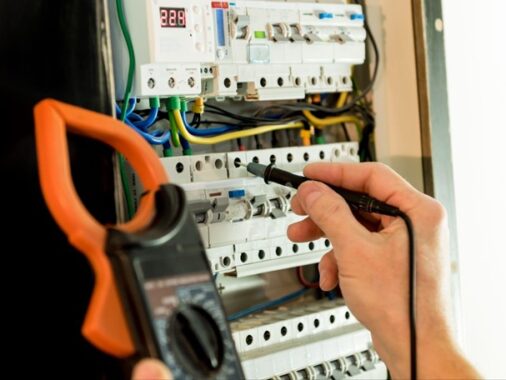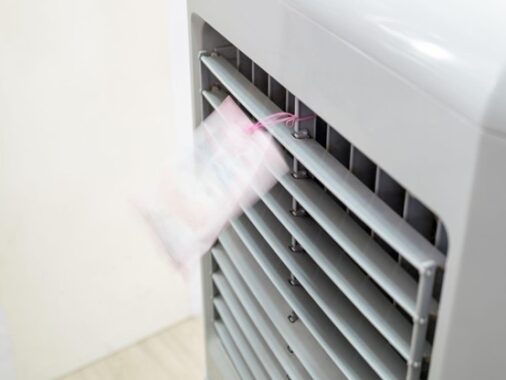The hot water system in your home is much more than just a device that provides hot water – it’s a remarkable blend of function, convenience, and efficiency that has a major influence on your daily household routine. Selecting the right hot water system for your home significantly impacts your comfort and the household’s overall energy efficiency and running expenses. A hot water system represents a conjunction of essential factors – cost, conservation, and comfort. This article dives in-depth into these considerations, providing a comprehensive guide to aid you in making a wise investment for your domestic needs.
Understanding the Importance of an Efficient Hot Water System
A hot water system performs a straightforward but indispensable task – heating water for your home’s various needs. Whether it’s for a relaxing hot shower, washing dishes, doing laundry, or heating your swimming pool, a hot water system is a crucial element in your home. The system operates through the principle of heat transfer, using a variety of energy sources such as electricity, gas, or even solar power.
A poor-performing or inadequate hot water system can not only be a domestic inconvenience, but it also carries significant health and safety risks like scalding, bacterial growth or potential system failures, which can lead to hazardous conditions. On the other hand, an efficient hot water system can add exceptional value to your home, providing uninterrupted hot water when required while saving energy. An efficient system alleviates worries about hot water shortages or equipment breakdowns, providing a cocoon of comfort for all household residents.
Factors to Consider: Understanding Cost
Deciding which hot water system is right for your home should never be a hasty decision. The choice involves considering a range of costs that could influence both your upfront expenses and long-term finances. These include the initial purchasing costs of the system, installation costs, and ongoing energy consumption costs.
The cost implications differ significantly between different systems such as gas, electric, and solar, each coming with its particular set of economic impacts. A lack of understanding can expose you to exorbitant expenses resulting from a poor choice of system. Whether it’s higher initial expenditure for a high-end system that exceeds your needs, or arbitrary energy costs from a less efficient model, failing to consider cost aspects can burden your financial health.
The Environment’s Perspective: Emphasising Conservation
The importance of environmental conservation and sustainability has gained remarkable attention in recent years, extending its influence to the selection of hot water systems for residential use. Different hot water systems can have varying impacts on the environment, with some being more energy-efficient than others. For instance, solar hot water systems capitalize on renewable energy to heat water, making a significant contribution to environmental conservation.
By opting for a hot water system that utilises less energy and conserves water, you’re investing in a solution that reduces your environmental footprint. These environmental benefits frequently align with economic advantages, as energy-efficient models can lead to considerable cost savings over time.
Comfort Matters: Exploring the Best Hot Water Systems for Your Home
A vital factor to consider when choosing a hot water system is the comfort it can deliver. The efficiency of a hot water system significantly influences the comfort levels in your home, determined by both the steady supply of hot water and the system’s capacity. Essentially, the overall performance of the hot water system plays a decisive role in determining comfort.
Different hot water systems use different methods and mechanisms to heat water, impacting both the rate of heating and the consistency of the hot water supply. Systems like continuous-flow hot water systems or instant gas systems are renowned for providing hot water only as needed, reducing energy waste.
However, while instant gas systems have been lauded for their efficiency, potential downsides need to be addressed when we discuss what to watch out for in instant gas systems. Possible issues include the occasional inconsistency of hot water temperature, a slower heat recovery rate compared to other systems, and a higher initial investment, all of which need to be factored in when considering comfort.
Choosing the Right Hot Water System: Top Tips From Experts
When selecting a hot water system, industry experts suggest taking into account your specific needs and circumstances. This involves balancing cost considerations, conservation benefits, and comfort levels according to your unique preferences. It’s helpful to assess your regular hot water usage, evaluate your budget, and understand the potential environmental implications of different systems. Other factors like available installation space, the number of family members, and future expansion plans can also add insight to your decision-making process.
For further clarity, it’s advisable to conduct your research, read online customer feedback, or even consult with a professional plumber, supplier or energy conservation consultant.
Conclusion
In conclusion, your hot water system is an integral part of your home infrastructure. Its selection represents a long-term investment that influences not only your domestic convenience and comfort but also the household’s energy efficiency and environmental impact. By judiciously contemplating the triad of cost, conservation, and comfort, you are empowered to make an informed decision that will enhance your daily living experience.
The challenge lies in understanding your unique requirements, comparing the options available, and seeking professional advice if necessary. As the world evolves towards sustainability and energy efficiency, it’s high time to redefine the role of your hot water system from a mere functional accessory to an influential participant in your home’s energy and cost dynamics. Investing in a hot water system that ticks all the right boxes will guide you toward a practical, cost-effective, and environmentally responsible future.






